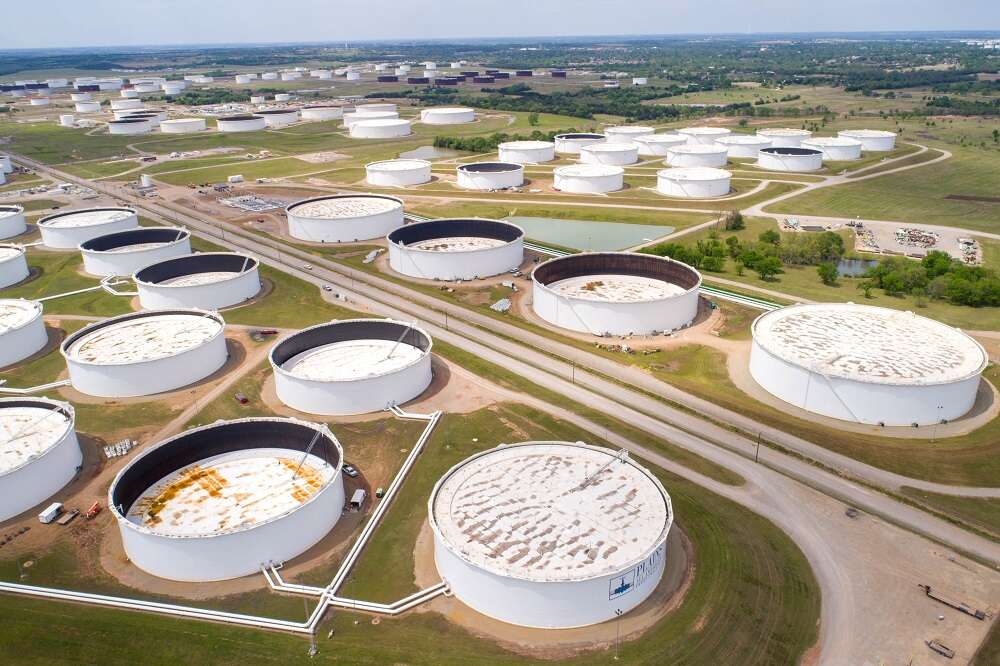
Oil fall below $90 a barrel on report of US-Venezuela deal
By Erwin Seba
HOUSTON (Reuters) -Oil futures fell on Monday on a report the U.S. and Venezuela could soon reach a deal to ease sanctions on Venezuela if a presidential election date is set, while traders see the Israel-Hamas conflict not affecting crude supplies in the short term.
Brent futures were down 59 cents, or 0.67%, at $90.27 a barrel at 10:30 CDT (1532 GMT). U.S. West Texas Intermediate (WTI) crude fell by 0.29 cents, or 0.37%, to $87.30 a barrel.
The U.S. and Venezuelan governments were getting ready to sign a pact in Barbados as early as on Tuesday to ease U.S. sanctions on Venezuela’s oil industry in return for a competitive, monitored presidential election in Venezuela next year, according to media reports.
Easing sanctions on Venezuela’s oil industry could result in increased oil supply.
Traders were optimistic the war between Israel and Palestinian Islamist Hamas would remain confined to Gaza.
“It’s more of the same on Monday in terms of the conflict in the Middle East being contained from affecting crude oil supplies,” said John Kilduff, partner with Again Capital LLC.
Both oil benchmarks had climbed nearly 6% on Friday, taking Brent 7.5% higher on the week and WTI up 5.9%.
Israeli air strikes on Gaza intensified on Monday, after diplomatic efforts to arrange a ceasefire in southern Gaza failed.
The White House said it hopes the Rafah crossing at the Gaza-Egypt border could open for a few hours on Monday to allow some people to leave ahead of Israel’s suspected ground offensive.
U.S. Secretary of State Antony Blinken returned to Israel on Monday, where he discussed humanitarian aid with Israeli Prime Minister Benjamin Netanyahu.
Russia has also entered the diplomatic fray, with President Vladimir Putin set to hold talks with Iran, Israel, Palestinians, Syria and Egypt.
Heightened tensions in the Middle East may have compounded other risk factors to push prices higher last week.
The United States last week imposed the first sanctions on owners of tankers carrying Russian oil priced above the G7’s price cap of $60 a barrel, an effort to close loopholes in the mechanism designed to deprive Moscow of revenue for its energy sales.
“The sudden decision on tightening up of sanctions on ship owners carrying Russian crude over the $60/barrel limit by the US started to niggle and so did the Russian/Saudi meeting concluded by President Putin stating that OPEC+ were achieving ‘stability’,” PVM analyst John Evans said on price rises at the end of last week.
(Reporting by Robert Harvey in London, Yuka Obayashi in Tokyo and Emily Chow; Editing by Susan Fenton, David Evans, Deepa Babington and David Gregorio)


